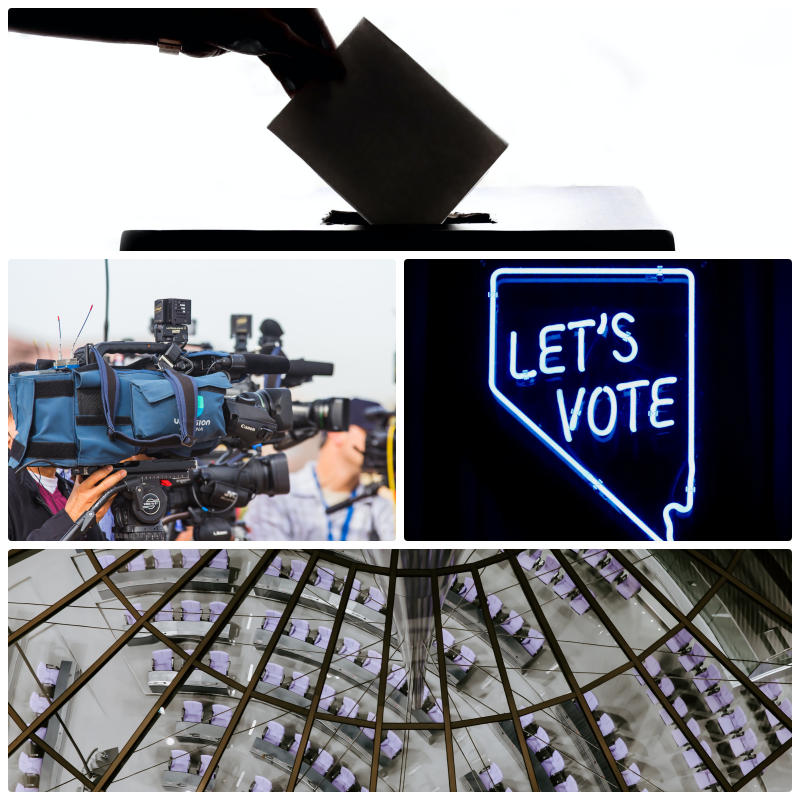Brothers in Alms
Sometimes I feel I'm forever being misunderstood. Not in the angsty, greasy haired teenage way, but in the I live in a foreign country kind of way. Sometimes it's because I've said the wrong thing, such as when I needed to borrow a belt from my father in law and instead of asking “Hast du ein Gürtel?” (do you have a belt?) I asked “bist du ein Gürtel?” (Are you a belt?). The perplexed and slightly exasperated look on his face quickly made me aware of my mistake. Sometimes it's because I've mispronounced something, other times it's my accent. Frequently I will crack a joke and all I get are blank faces. You might argue it's because my jokes are hackneyed, but I'll kindly ask you to keep your stupid opinions to yourself. One of the biggest problems is the British propensity for auto-sarcasm, which is never understood by my German colleagues and students. I've lost count of the times I've instinctively said something sarcastic only to find myself having to dig myself out of a hole. I now start classes with a consumer warning that I might say something sarcastic and if the students can spot the sarcasm I'll bake them a cake. So far my baking skills have not been put to the test.
Other times, what appears to be a misunderstanding is actually an insight into Germany. This week one such insight occurred in an early morning class. We had been discussing that weeks Conservative party conference in Birmingham. Although that may appear to be a fairly dull topic, for many of the people I teach, it was the only topic worth talking about. This is mainly due to the variety of different ways the Tories managed to shoe horn their xenophobic and right wing shift into every possible speech. By Friday, the Tories were practically walking in a way that oozed a general hatred for foreigners. It turned out that when Theresa May had announced that “Brexit means Brexit” she actually meant to say “Brexit means we all have an excuse to blame Johnny foreigner for poor political decisions”. This of course confused a number of my participants, especially those with firsthand experience of the UK, which to them had seemed to be a very welcoming place. The change in rhetoric shocked them.
Coincidentally, I like using videos of politicians talking in my English classes. Politicians are useful for a number of reasons: they speak very clearly, they use interesting vocabulary and they often use colloquialisms that show students the perils of speaking to British people. Phrases like "donkeys year" or "spanner in the works" are commonplace, but to the average non-native, British English can be a labyrinth of bizarre terminology . They also tend to use phrases that the average person might say, without the complicated accents. This is because so many politicians have forgotten what it's like to be a normal person and try and seem relatable by saying things like YOLO. Of course, they never sound like normal people. They sound like robots trying to understand humans, that's why when they emote they sound so strange. It's like their programming is asking “what is this thing you call love?”.
Anyway, my class and I were watching Theresa May's speech from the day before. We stopped at the section where she used the Brownlee brothers as an example of how she wanted the UK to act, succeeding or failing together. Alternatively, she might have meant white people helping white people. One of my students asked me who the brothers were. I diligently showed them the video, as the brothers gallantly crossed the line one of my students exclaimed “but they didn't win”.
“Excuse me?” I said, bemused.
“They didn't win, it's all well and good helping each other, but if you still don't win what was the point?”.
I was speechless. How could this student watch the Brownlee brothers and not be left with a warm feeling and a fuller appreciation of British sportsmanship.
“But...erm...they showed their was more to life than winning. Their bond was stronger than...” I trailed off.
“Thats nice, Nic, but if you ask me, it's a terrible way to try and run a country”. The other students in the room nodded in agreement.
I really was lost for words.
After the class I thought about what the student had said. At first it seemed callous, even heartless. Why shouldn't we strive to help the weakest in society? Are Germans so heartless? Well, no of course they're not, so did my student have a point? Well maybe. It depends very much on how you define victory. What is interesting is that the Brownlee brothers principle is exactly how Germany's social system operates. The Solidarprinzip or solidarity principle “creates an equilibrium between the healthy and the sick, between those at the bottom and the top of the earning scale, and between families and singles”. The principle is in place to “maintain the standard of living of the insured person and their standing in society in situations that threaten their livelihoods” this simply put is “the task of German social insurance”. Article 20 of the German law code commits the state to protect citizens freedom and the natural basis of life. It can't be rescinded. In the UK, new governments constantly feel the need to redefine this relationship, often for the worse. There is no need to constantly redefine the role of government support in Germany, it has already been clearly stated. The Solidarprinzip is so intrinsic to German life, many, like my student, have forgotten it, until they need it of course.








